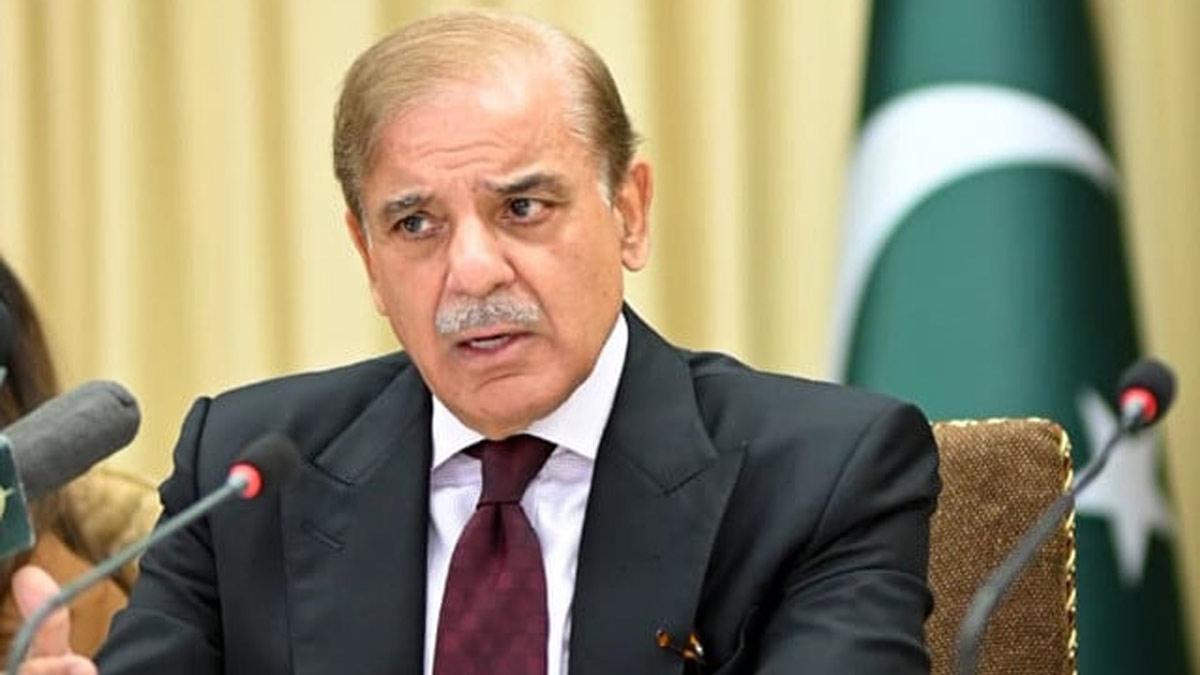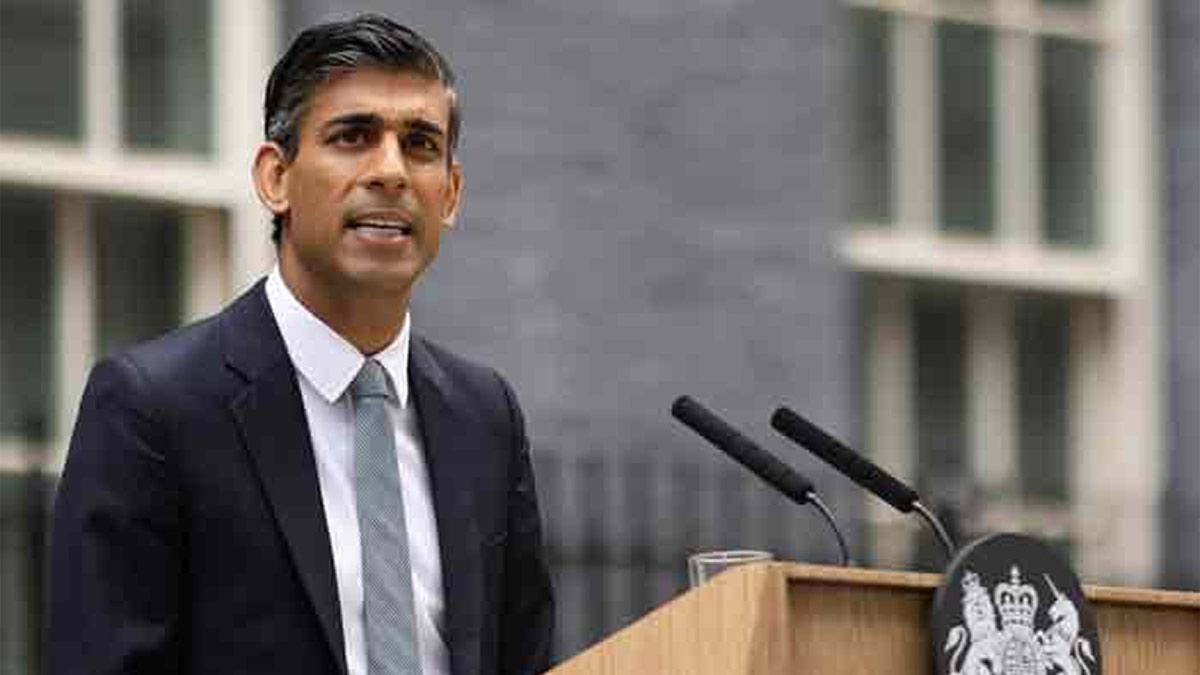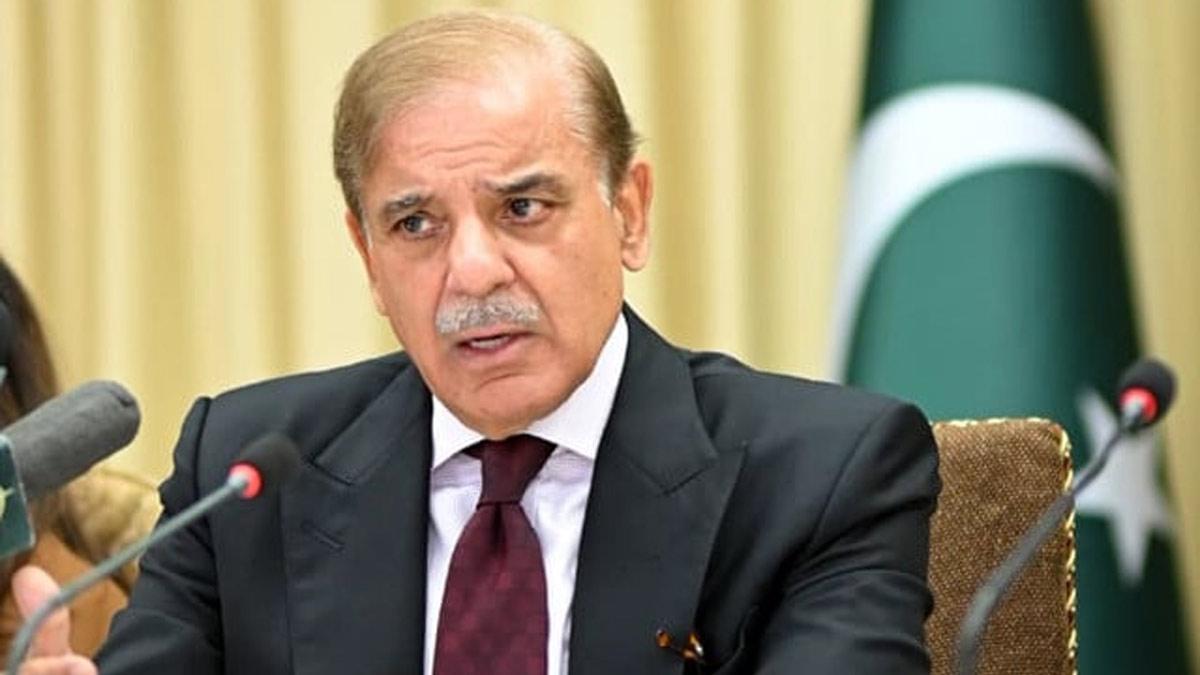The Pakistan government on Monday justified its recent airstrikes in Afghanistan's Paktika province and said it would conduct more such attacks inside the Afghan territory to target Tehreek-e-Taliban Pakistan (TTP) hideouts, if necessary.
"We have the legal right to continue these operations if Afghan soil is used to attack Pakistan," Rana Sanaullah, Special Assistant to Prime Minister Shehbaz Sharif on political affairs, was quoted as saying by the local media on Monday.
On December 24, Pakistani air strikes inside Afghanistan killed 46 people, including several women and children, inviting worldwide criticism and a stern warning from the Taliban regime in the war-torn country.
The airstrikes by Pakistani fighter jets on parts of Barmal district in Paktika province was the second instance in 2024 of Islamabad directly hitting "civilian areas" on Afghan territory.
In March 2024, a similar strike had killed eight people, including three children.
Sanaullah's statement came at a time when Islamabad has intensified its "counter-terrorism operations" against the TTP and other "anti-state militant groups" while accusing Afghan Taliban for providing a safe haven to insurgents and supporting them in their terror activities inside Pakistan.
The commentary is also being viewed as a reaction to ongoing threats made by different Taliban leaders against Pakistan since the airstrikes.
"Afghans will not forget the invasion of their territory, and Pakistani rulers should adopt a measured policy," said Acting Afghan Foreign Minister Amir Khan Muttaqi, two days after the air strikes, calling the Pakistani act not only a violation of Afghanistan's territorial sovereignty, but also one which can act as a trigger for potential major conflict between the two countries.
Afghanistan's Deputy Foreign Minister for Political Affairs Sher Mohammad Abbas Stanikzai also warned on over the weekend that Afghanistan has fighters who can act like an "atomic bomb".
"Islamabad should not test the patience of its western neighbour. Pakistan should not exploit the patience of the Afghanistan government. We have fighters with a capacity equivalent to an atomic bomb. If we release just five sons of Mahmud Ghaznavi, Babur and Ahmad Shah Abdali, from this border towards you (Pakistan), then not even the Indian Ocean will be able to stop them," said Stanikzai while addressing a graduation ceremony in Kabul on Saturday.
Islamabad continues insisting that it is the Afghan Taliban that is backing TTP, including all the funding needed to operate against Pakistan, and it was Kabul's failure to take action against them that had prompted the airstrikes.
The TTP, while at it, continues targeting military and security installations in Pakistan and now seeks to expand its targeted radius.
In a statement released on Sunday, the militant group said it would now target business entities of the Pakistani military including housing societies, banks, fertilizer companies, cement companies and the ordnance factories spread across the country.
"The TTP will only target the security forces. As everyone knows that the Pakistan Army depends a lot on its various sources of businesses, because of which it has occupied the whole country for 70 years. It is in this context that TTP has decided that, from now on, attacks will also be carried out on all military-owned and military-led businesses," read the TTP statement.
The TTP had issued three-month deadlines to all businesses associated with the military machinery in Pakistan by cautioning major stockholders over great fall-outs.
It, especially named the armed forces-controlled undertakings existing across the nation with names: National Logistics Cell, Frontier Works Organisation, Fauji Cement, Askari Bank, Fauji Fertilizer Company, Askari Cement, Pakistan Ordinance Factory, Fauji Foundation, Fauji Foods, Askari Fuels, and Defence Housing Authority.
"All companies holding shares with the military-led companies should withdraw within three months. All employees working in military-led companies are also given a deadline of three months to leave their jobs and find work elsewhere. All shops, which have kept products of military-led companies, have been given two months to remove them and stop selling them in the future," the TTP said.
"If, after two months, such products are still kept in shops, then our workers will be directed to burn them all or remove them by all means. Similarly, vehicles being used to transport military-led products will also be burnt," the statement added.
The TTP has also threatened the political parties, including the ruling party Pakistan Muslim League – Nawaz (PML-N) to refrain from referring to TTP as "fitna al khawarij", and warned them of attacks if they do not stop doing the same.
Read also| India Condemns Pakistan's Airstrikes on Afghanistan, Calls for Peaceful Resolution
Read also| 'A Travesty': Musk Criticizes Biden for Honoring Soros with Presidential Medal of Freedom


















